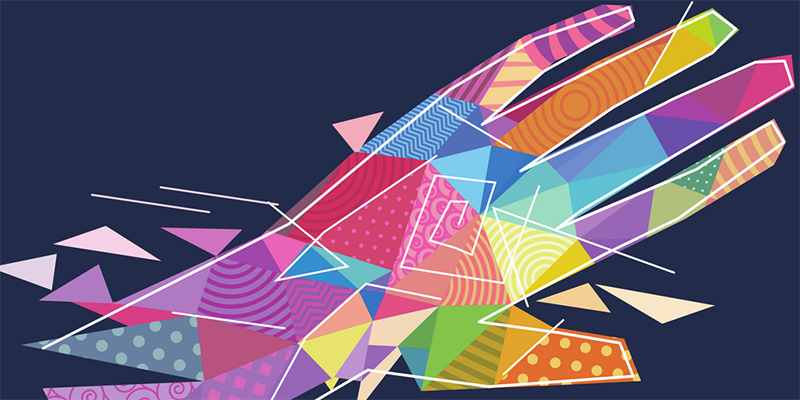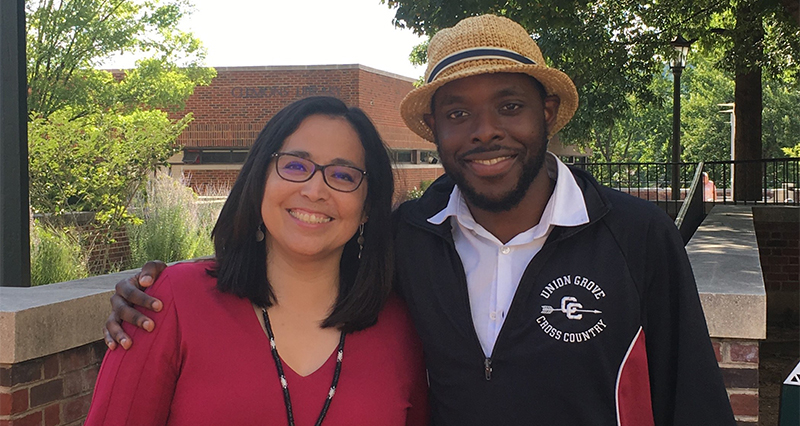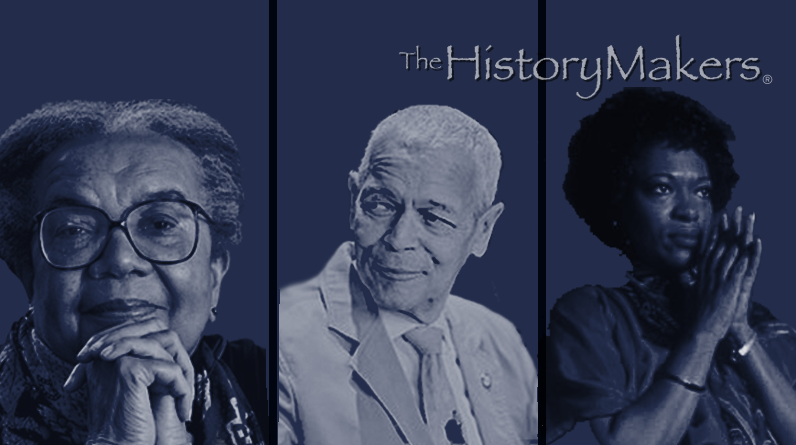1. Improving cultural competency

Understanding Difference—Misunderstandings along political, racial, social, or economic lines often arise from divergent life experiences. We must make an effort to seek out and understand life experiences different from our own if we expect to appreciate and benefit from diversity. In 2017, the University Librarian asked all staff members to make an effort, at least once a year, to enter into conversation with someone whose life experience is significantly different from their own. After getting manager approval, staff may attend workshops, lectures, or films, read books, listen to podcasts, or watch documentaries that bring some particular difference into focus, and they must enter into conversation with someone whose life experience is reflected in the activity and document the occasion in the annual review process. Librarians have responded with an outpouring of ideas and opportunities, now published and regularly updated in an online guide.
Training and seminars—We work closely with the offices of the Provost, Vice President & Chief Diversity Officer, and African-American Affairs to be educated by speakers and consultants who research and study racism. For instance, Professor Jacqueline Battalora of Saint Xavier University (author of "Birth of a White Nation: The Invention of White People and Its Relevance Today") spoke to Library staff about the American origin of the term “white people”—used by colonial governments controlled by land-owning elites to divide white workers from a multi-ethnic working class with the false premise that Europeans stood at the top of a racial hierarchy with rights denied to African and Native Americans. In fact, race has no biological nor genetic meaning in humans: there is no branching of the human family tree.
Accessibility—The UVA Library is leading an effort to build a national infrastructure for sharing learning materials accessible for students with print disabilities.
Cultural events—We actively participate in UVA celebrations of Martin Luther King Day and collaborate with professional school librarians, other academic units, schools and student groups to celebrate Black History Month and other events. We also mark the major holidays of world religions on our home page, with an eye to increasing general awareness of other religions and cultures.
Global Initiative Group (GIG)—This is a Library-based pan-University network devoted to global art, policy, education, and outreach. It has collaborated with the Center for the Americas, Center for Latin-American Studies, and the Global Health Center on programming.
Jefferson School African American Heritage Center—We’re a sponsor of this rich community resource. In July 2018, three Library staffers joined the Charlottesville Civil Rights Pilgrimage, organized by UVA Religious Studies professor Jalane Schmidt, and Andrea Douglas, Executive Director at the African American Heritage Center, to deliver soil from the site of a local lynching to the National Memorial for Peace and Justice in Montgomery, AL.
2. Recruitment, hiring, & retention

The Library has hired its first cohort of ACRL Diversity Resident Librarians (2018–2021): Hanni Nabahe who works in open publishing and scholarly communication, and Sony Prosper who works in Special Collections. They will hone skills and bring perspectives to their work that will benefit underserved populations at UVA and in the Charlottesville community. The Library will continue to diversify job search committees and vigorously train staff to eliminate potential bias in the hiring process.
3. Inclusive Library
The renovation of Alderman Library presents a unique opportunity to fully reveal and examine the history of our main library. The Inclusive Library group works with pan-University and community stakeholders to ensure the Library is a destination where all are welcome.
4. Pan-University partnerships
In August 2018, Scholars’ Lab and Special Collections joined with the Carter G. Woodson Institute for African-American and African Studies in a crowdsourced project to make the papers of civil rights icon and UVA professor Julian Bond available online.
5. Local, regional, and national outreach
Locally, the Library reaches out to the community with its Summer High School Internship Program, hosts career fairs for seventh and tenth-graders, participates in the Upward Bound work-study program, and co-sponsors MLK Day and Black History Month events. The Library is using a 2-year, $150,000 planning grant from the Institute of Museum & Library Services (IMLS) to create the Charlottesville-Area Regional Equity Atlas, a digital tool that combines, visualizes, and makes accessible data about local and national disparities, enabling citizens to effectively advocate for a more equitable community and hold decision-makers accountable.
6. Research & scholarship

HistoryMakers—University Librarian John Unsworth is heading a partnership to expand the reach and visibility of The HistoryMakers—the world’s largest archive of oral African-American history.
Hacking the Stacks—The Library is offering opportunities for student groups to use Virgo’s purchase recommendation feature as a means of expanding the Library’s holdings of books by underrepresented authors and independent presses on a variety of social justice topics.
Unite the Right Rally and Community Response Collection—We have begun a collection of physical and digital materials from the August 11–12, 2017 white supremacist march on the Lawn and "Unite the Right Rally."
Wikipedia Edit-a-thons—We’re offering space, resources, and instruction to students who are interested in expanding Wikipedia’s knowledge base on subjects such as sexual violence at universities (2016) and black life in Charlottesville (2018).
Open Educational Resources—With the Library’s first publishing venture, Aperio, we’re soliciting ideas for open educational resources and advocating for an academic environment where students never have to pass up a course or change a major because textbooks are too expensive.
